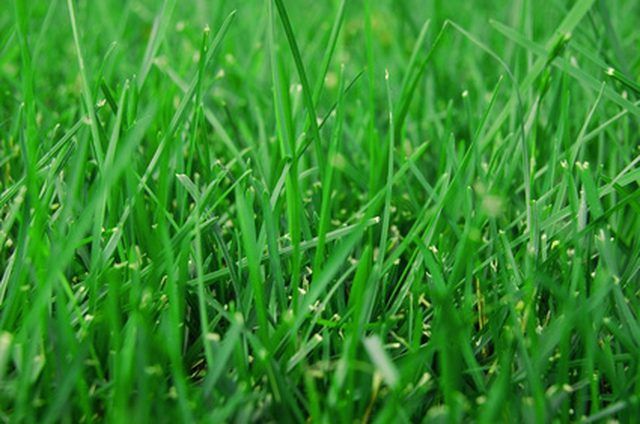Bulbs
Flower Basics
Flower Beds & Specialty Gardens
Flower Garden
Garden Furniture
Garden Gnomes
Garden Seeds
Garden Sheds
Garden Statues
Garden Tools & Supplies
Gardening Basics
Green & Organic
Groundcovers & Vines
Growing Annuals
Growing Basil
Growing Beans
Growing Berries
Growing Blueberries
Growing Cactus
Growing Corn
Growing Cotton
Growing Edibles
Growing Flowers
Growing Garlic
Growing Grapes
Growing Grass
Growing Herbs
Growing Jasmine
Growing Mint
Growing Mushrooms
Orchids
Growing Peanuts
Growing Perennials
Growing Plants
Growing Rosemary
Growing Roses
Growing Strawberries
Growing Sunflowers
Growing Thyme
Growing Tomatoes
Growing Tulips
Growing Vegetables
Herb Basics
Herb Garden
Indoor Growing
Landscaping Basics
Landscaping Patios
Landscaping Plants
Landscaping Shrubs
Landscaping Trees
Landscaping Walks & Pathways
Lawn Basics
Lawn Maintenance
Lawn Mowers
Lawn Ornaments
Lawn Planting
Lawn Tools
Outdoor Growing
Overall Landscape Planning
Pests, Weeds & Problems
Plant Basics
Rock Garden
Rose Garden
Shrubs
Soil
Specialty Gardens
Trees
Vegetable Garden
Yard Maintenance
How to Troubleshoot My Grass Seed Not Germinating
How to Troubleshoot My Grass Seed Not Germinating. Growing a thick, grassy lawn from grass seed is possible, but plan to spend a lot of time on your newly planted area. Grass seed success rates are lower than that of sod, usually because homeowners do not maintain the proper conditions for the seed. When the precise conditions are present, grass...

Growing a thick, grassy lawn from grass seed is possible, but plan to spend a lot of time on your newly planted area. Grass seed success rates are lower than that of sod, usually because homeowners do not maintain the proper conditions for the seed. When the precise conditions are present, grass seed will germinate and quickly establish roots deep into the soil. If you have grass seed that has failed to germinate, try several troubleshooting strategies.
Things You'll Need
Soil thermometer
Touch the top of the soil with your finger to see if it feels moist. The top of the ground should feel like a damp sponge, but there should be no standing water. If the top of the soil is dry, the grass seeds will not germinate. Likewise, if there is standing water, it will smother the seed.
Verify that the temperature of the soil is right for the type of grass seed you planted by inserting a soil thermometer into the ground. According to The Garden Counselor website, cool season grasses only germinate when the soil temperature is between 45 and 55 F. Warm season grasses only germinate when the soil temperature is between 55 and 65 F.
Scrape away the top 1/4 inch of soil with your hand and look for the grass seed. If you have to dig deeper than 1/4 of an inch to find the seed, then the seed is buried too deeply in the soil and is not getting enough light.
Trace back the last time that you applied any type of herbicide or pesticide to the planting area. If the chemicals were applied in the last six months, they may still be in the soil and have prevented the seeds from growing. This is especially true if you applied a "season-long" weed killer.
Examine the grass seed packaging for a test date or an expiration date. Grass seed is still good for one year after the test date, but should be discarded immediately after the expiration date.
Tips & Warnings
Grass seeds can take up to a month to germinate, so don't panic until this time period has passed. If the seeds don't germinate in one month, they will probably not grow at all.
According to the American Lawns website, Bentgrass, Kentucky Bluegrass and Ryegrass are cool season grasses. St. Augustine, Centipede and Zoysia are warm season grasses.